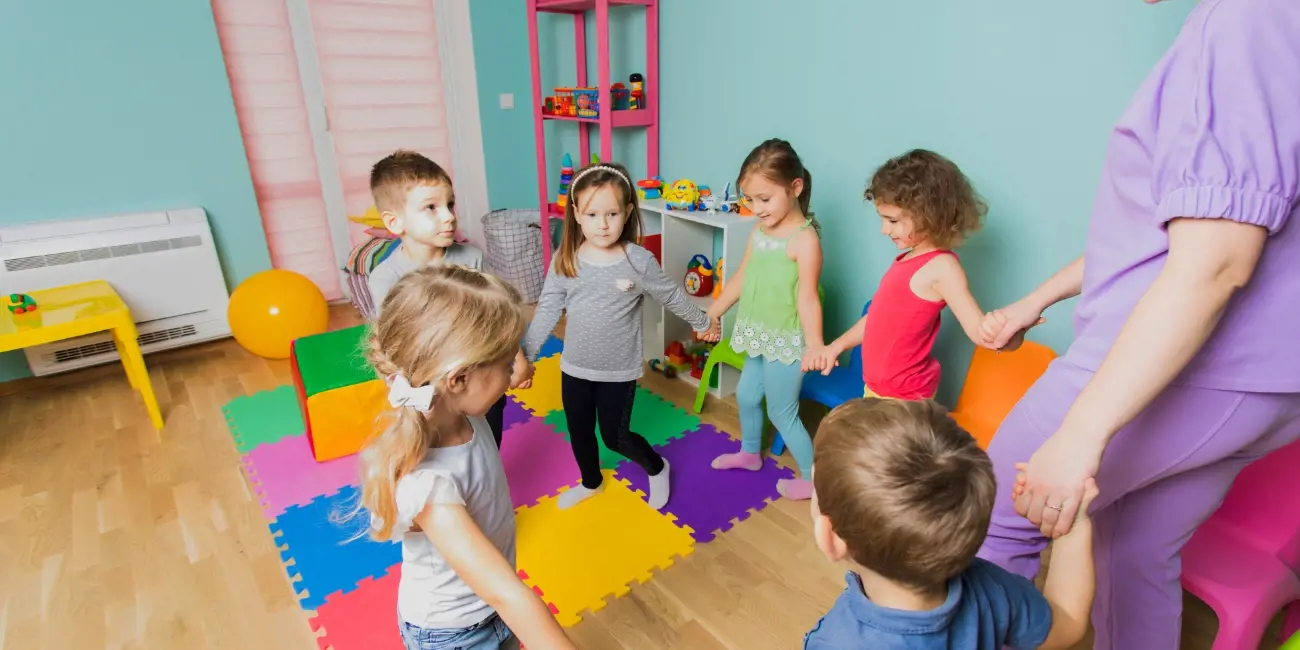Learning is fun when it is interactive. And for toddlers, what is more fun than playing? By combining learning through interaction and play, play-based learning activities have become a powerful approach to early childhood education.
Parents and educators of the best child carecenter in Edmonton, Alberta, Canada, focus on all daily interactions and experiences they share with children to help them develop their social, physical, emotional, and cognitive skills.
What is Play-Based Learning?
Toddlers and preschoolers are naturally curious. They try to learn through exploration, interaction, and play. Whether they play inside or outside the home, in daycare, park, or playground, they choose activities that indulge their interests and passions.
Whether they’re playing with sand and water, building blocks, telling and listening to stories, dressing up, or painting – they learn some lessons while having fun of their own.
A licensed safe daycare center like Little NEMO’s has wonderfully adopted the play-based learning approach. The educators and caregivers have created the ideal environment to encourage children to play, talk, think, read, and write.
Why Is Play-Based Learning So Important?
Play-based learning can play a key role in a child’s all-round development in the early days. Here are some significant advantages of play-based learning in toddler daycare –
· Fosters Social And Emotional Development
Through play-based activities, children learn several social and emotional skills. With interaction with parents, teachers, and other children, they gradually understand how to deal with their emotions, engage with others, share feelings, and express themselves.
In the best child care scenario, while playing with their peers, they learn how to share toys, wait for their turns, cooperate, negotiate and solve problems together.
· Promotes Language Development
The toddler age is a significant time for building vocabulary. Play-based learning activities allow children to get involved in different types of playful and reciprocal conversations. They try to imitate elders, play the roles of their favourite people, and ask relevant questions.
In Little NEMO – a safe daycare center in Edmonton, educators support our children’s language development by introducing new words, encouraging conversations, asking questions, and playing games.
· Nurtures Creativity And Imagination
By engaging in play, children get plenty of opportunities to explore and develop their creativity and imagination and nurture problem-solving and interpersonal skills. We often observe two- to three-year-old children imagining a doll as their baby, trying to feed it, or giving it medicines.
· Improves Physical Growth
The best child care plan should center around various interactive games and activities in the curriculum to support children’s physical development. Games and activities like jumping, throwing, running, and climbing strengthen their gross motor skills.
· Builds a Positive Outlook Toward Learning
These early years are crucial in developing a positive attitude towards learning, education, and life. In Little NEMO’s Daycare, children are asked to choose plays they find most interesting. Thus, in the environment of this safe daycare center in Edmonton, they learn about autonomy, confidence, challenges, persistence, and many more skills.
Final Thoughts
Play-based learning is a great tool to unlock the world of possibilities for toddler’s all-inclusive development and growth. Popular examples of play-based learning activities are dress-up and role play, drawing and painting, singing and dancing, water play, pretend cooking, and stacking blocks.
Parents and educators should create an ideal environment where toddlers feel excited and motivated to participate actively in their education. That’s why the best child carecenter, like Little NEMO’s Daycare, goes beyond simple entertainment when it comes to children’s all-around development. Their play-based learning strategy allows children to learn at their own pace while fulfilling the motto of this education


